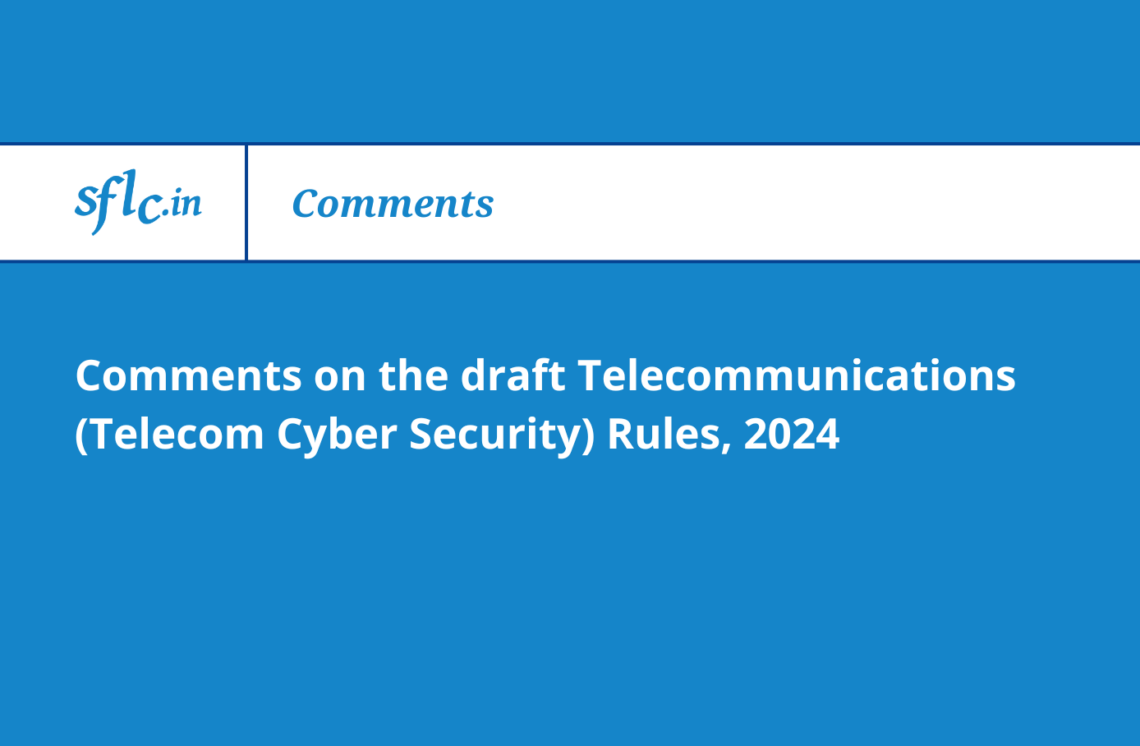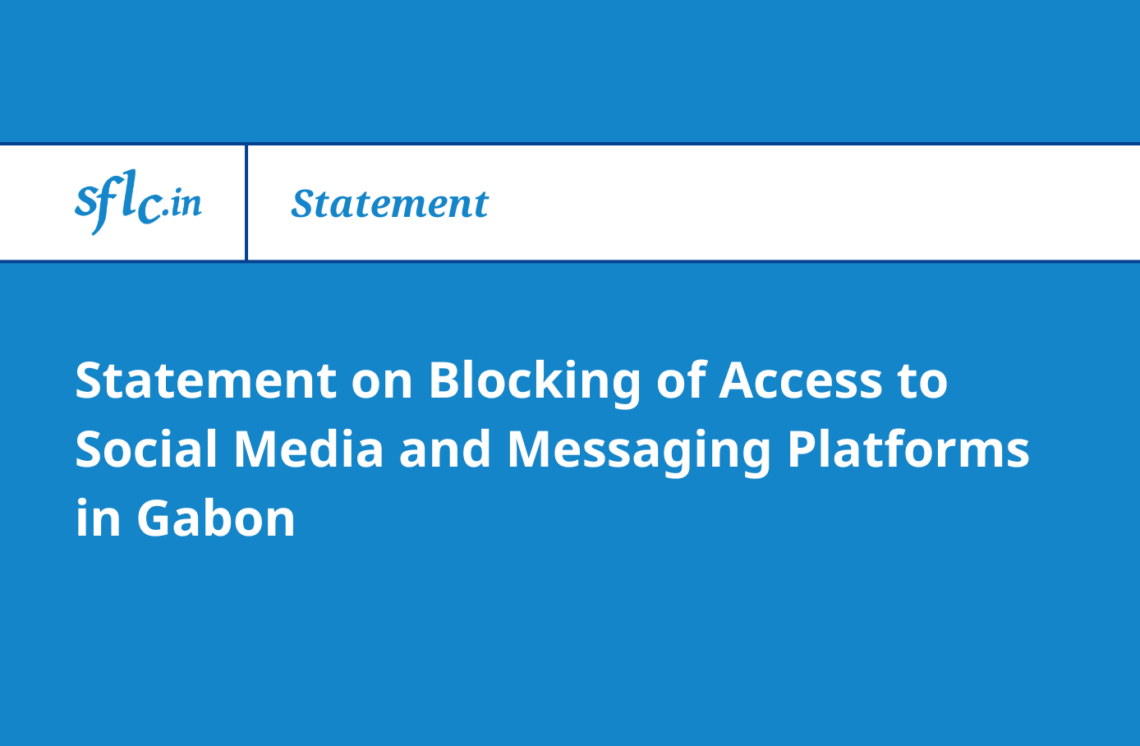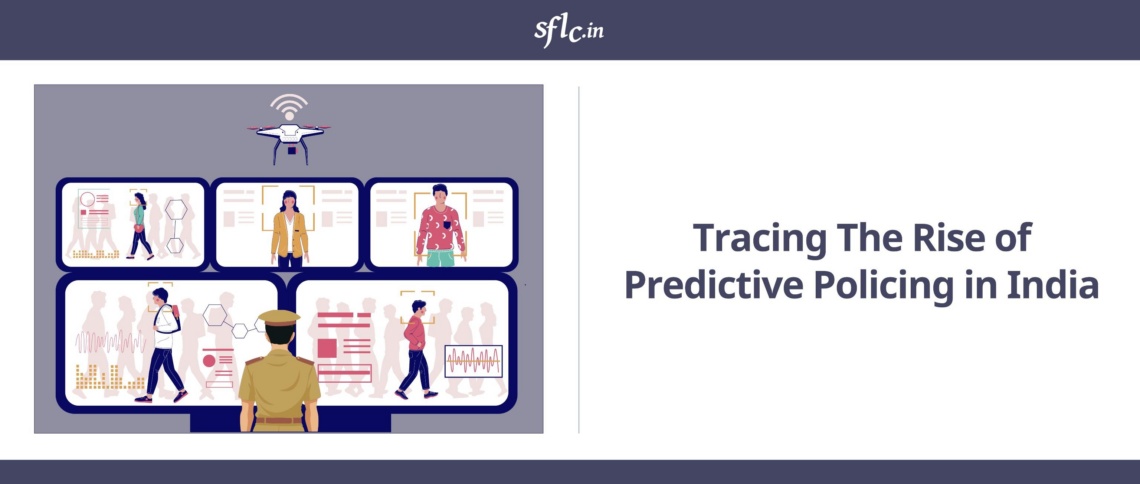Mishi Choudhary and Eben Moglen wrote an article for Times of India on how social media companies indulge in massive collection of data on peoples’ behaviour to sway elections that are otherwise supposed to be free and democratic.
With the news that Cambridge Analytica swiped the personal data of more than 50 million Americans from Facebook for use in making electoral propaganda targeted by individual ‘psychographic’ personality typing, the real cost of our worldwide infatuation with ‘convenient’ digital services is now coming into view. The technology package sweeping the human race, consisting of smartphones and ‘social media’ companies, peddles a form of convenience that we are all buying into. This convenience ensures that a form of inhuman social control, antithetical to the ideals of individual human rights and democratic social self-governance gets established.
The root of the problem is the business model of these convenient services. The social media companies sell people to advertisers. The value in digital advertising lies in collecting information about peoples’ behaviour, on a scale previously unimagined in the history of humankind. Gram for gram, the smartphone is the densest collection of sensors ever assembled: it’s a spy satellite in your pocket, aimed at you.
Trillions of times a day, billions of people interact with their smartphones, generating immense volumes of data about what they do, what they ‘like’, and what they want – all of which falls into the big data mines of the social media companies. What we get in return are simple digital services: messaging, chat, calendaring, micro-blogging, photo posting, videos. These services, though simple to provide with any networked computer, are immensely useful: putting them together with mobile internet connections, people are devising and executing new ways of life.
But the cost of these services is extracted not in money, but in the comprehensive surveillance of human behaviour. This cost has not been obvious: it occurs at the ‘back end’ of the companies, and in the endless flow of attention-seeking ‘content’ that constantly competes for our scarce time with our real world, our real family and friends, our real communities.
We could arrange for these services to be provided to us over very inexpensive server computers we purchase ourselves: a personal ‘cloud’ that replaces Facebook, Twitter, Ali Baba and all the rest with the native community of computing and communicating we call ‘the Internet’. Or we could pay for them every month, like other goods and services we buy, on terms that protected our privacy by eliminating the ‘back end’ that slices and dices us into ‘profiles’ for advertisers to buy from the platforms that spy on us.
Instead, we have been sold on the convenience of behaviour collection, because behaviour collection was the unconscionable price we were charged for services it would have been equally ‘convenient’ and far less socially destructive to implement another way.
It all happened so fast, almost everyone had no idea what was going on. Those who did know had no desire to tell the rest of the people being turned into products. It has been less than a decade since the ‘smartphone to platform’ model began proliferating across humanity.
By the time people began seeing the consequences, they were hooked on the ‘convenience’, while still being too unfamiliar with the technology to separate necessary trade-offs from deliberately invasive mal-design. Without the technological understanding of alternative ways of designing our Net, people thought that privacy destruction was an inevitable price for ‘convenience’.
But information is power. That’s true when a child learns to read, and begins to control her own development and destiny. It’s also true when a behaviour collection company acquires enough information about billions of individuals to sell ways of changing their behaviour.
Advertisers, governments, criminals, predators of all sorts now seek to harness that power. Autocracies can be supercharged by information sufficient to predict and affect future behaviour. The Chinese Communist Party is using these tools to perfect a form of non-democracy and un-freedom that may govern the majority of the human race by the end of the 21st century.
But the model of behaviour collection at the centre of our present networked economy imperils democracies too, as the Facebook debacle with Cambridge Analytica shows. The social media companies hold enough data to make possible individual-level prediction of personality type.
Whether you are open-minded or strongly inclined to the value system of your immediate social group; whether you are outgoing or introverted; whether you are inclined to positive or confrontational social interactions – these and other factors of personality can be derived from the trail you leave behind with your ‘social media’ and telecommunications service providers. As political professionals in and around the world have learnt this decade, the Net we now have is not a place for making arguments addressed to voters’ conscious minds, but rather a venue for making emotional appeals to their unconscious.
Democratic self-government depends on thoughtfulness: as voters and citizens, we must govern through our ability to understand one another and seek the common good. Behaviour collecting social media companies offering ‘convenient’ services are now powerful enough to distort that form of society into something unimaginably darker. It doesn’t matter whether the companies ‘want’ that outcome: the mere collection of all that information about billions of people in a few hands ensures that it will be misused.
It is urgent that we learn the lessons now before our eyes. Soon it will be too late. We need to restructure the way our internet works, to decentralise the way we get our services, and to pay the cost of providing them with something other than the massive collection of our behaviour. Otherwise, what we now call ‘convenience’ will in our children’s time be revealed to have been the antithesis of liberty.
Eben Moglen is Professor of Law and Legal History at Columbia Law School. Mishi Choudhary is a technology lawyer
Convenience vs freedom: Facebook-Cambridge Analytica debacle shows how social media companies imperil democracy



